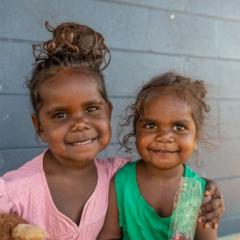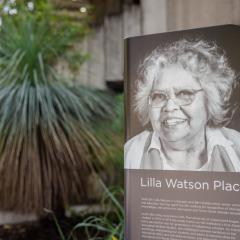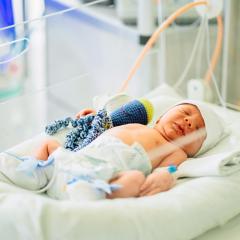University of Queensland researcher Dr Robyne Le Brocque believes trauma is a fact of life.
That’s why the School of Nursing, Midwifery and Social Work senior lecturer sees such importance in her role as organising committee chair of next week’s Australasian Conference on Traumatic Stress.
The conference on the Gold Coast will discuss topics including childhood sexual abuse, family violence, refugee and asylum-seeker trauma, and the moral conflicts facing military personnel.
“Trauma is a fact of life that stretches our emotional resources,” Dr Le Brocque said.
“Sometimes those resources are stretched so far that a person’s ability to recover is compromised and they may face traumatic memories and disturbances they find difficult to overcome.
“It’s not a matter of telling somebody to ‘get over it’, because time doesn’t heal all things and there has to be a resolution point for an affected person to move forward with life.
“There is no universal treatment for trauma, but at the conference we’ll discuss the best methods that can be applied to individualised scenarios.”
Dr Le Brocque said the long-term suffering of military veterans returning from the Vietnam War illustrated that time did not resolve all issues.
She said many did not realise “moral injury” was different from the more-recognised Post Traumatic Stress Disorder (PTSD), and that both could be tied to feelings of shame.
“A person can suffer a moral injury when they go against what is conscionable to them,” she said.
“It might be a choice between killing a child with a weapon, or letting that child injure others.
“It’s a decision between two bad outcomes, but the decision-maker could still consider it a moral transgression on their behalf, regardless of which course of action they take.”
UQ presenters at the conference at Crowne Plaza Surfers Paradise on September 8-10 will include Dr Katrina Moss, Professor Justin Kenardy and Ms Erin Brown.
Dr Moss will discuss the effect of the 2011 Queensland floods on pre-natal mothers and the motor development of their children, and Professor Kenardy and Ms Brown will be involved in a symposium about identifying and addressing traumatic experiences in paediatric healthcare.
Keynote speakers include Professor Rachel Yehuda, who has a focus on the children of Holocaust survivors, and the children of pregnant women who survived the 11 September 2001 USA attacks.
The conference content is expected to interest clinicians, social workers, psychologists, counsellors, school staff and those in law enforcement, child protection and veterans’ health.
Visit the event website for more information or to register.
Media: Robyne Le Brocque, r.lebrocque@uq.edu.au , +61 7 3365 1252; UQ Communications Robert Burgin, r.burgin@uq.edu.au, +61 7 3346 3035, +61 448 410 364.



